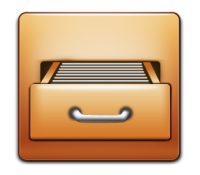
AOMEI Backupper Standard 2.01 review
When we first looked at AOMEI Data Backuper in January 2013 it was a capable free image backup tool with some limitations -- no scheduler -- but a lot of promise. Now at version 2.x , and renamed to AOMEI Backupper Standard, is the program worth considering again? We checked it out.
Installation remains quick and easy. It’s the free edition of a commercial product, but there’s no adware, no nag screens, no unmarked functions which display annoying "can’t use this until you pay" messages. Only an unobtrusive "Upgrade" link on the main page reminds you there are other options available.
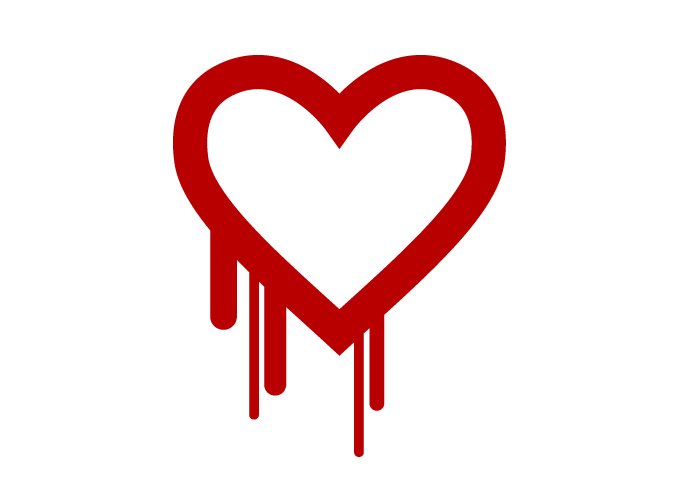
Heartbleed: Really that bad?
Most information security scares come and go with relatively little fanfare, some though make a splash and catch the attention of the public and media.
Heartbleed was the latest to fall into the latter category and sent the IT world into a bit of a frenzy. But how bad was it really? Security specialist Secunia rates vulnerabilities on a one to five scale and given the amount of publicity it received you might expect Heartbleed to be at the top end.
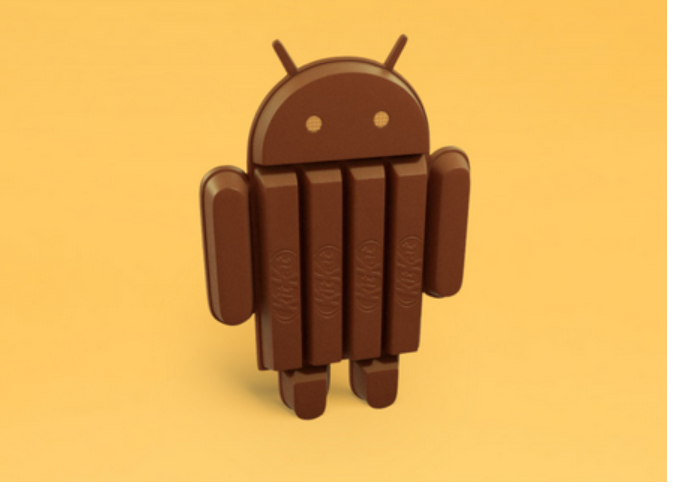
Android 4.4.4 KitKat available now, here's how you can install it
Less than a month after the last Android update launched, Google is now treating Nexus users to another iteration of KitKat. It made its way to the factory images repository first, but is also slowly rolling out over-the-air to compatible smartphones and tablets.
Android 4.4.4 KitKat, build version KTU84P, is available, through a corresponding factory image, for the Nexus 4, Nexus 5, 2012 Wi-Fi Nexus 7, 2013 Wi-Fi Nexus 7, and Nexus 10. The Nexus 7 slates with cellular connectivity (3G and 4G, launched in 2012 and 2013, respectively) have yet to receive the same treatment.
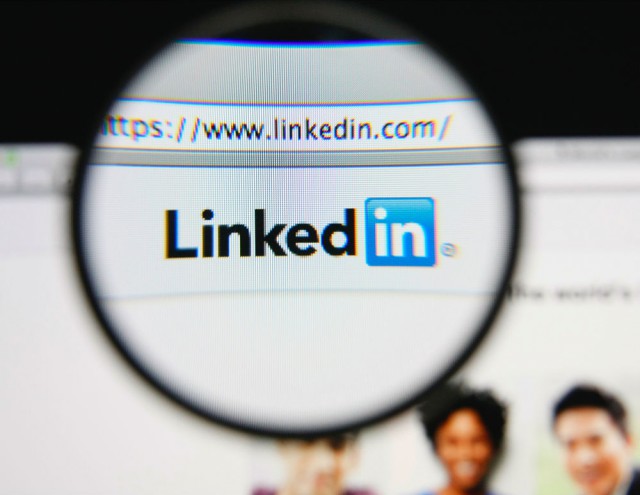
LinkedIn repeatedly ignores warning of widespread security flaw
LinkedIn has failed to address a security flaw for over a year that puts at risk the data of all of its over 300 million users and means that sensitive user information can be pilfered easily.
A report conducted by Zimperium Mobile Defense Security found a straightforward MITM attack that uses an SSL stripping technique allows hackers to steal user credentials and gain full control of an account.

Quickly access your favorite folders with FoldersPopup
When managing files, it's important that you can browse quickly to your most frequently-used folders, and Windows provides various ways to help. You might add some to your Explorer Favorites, pin more to the taskbar or Start Screen, create custom shortcuts for Explorer, maybe a batch file: there's a lot to do.
Alternatively, you could just use the free FoldersPopup, a single tool which provides quick, easy and configurable access to your key folders from just about anywhere.

Mozilla partners with the New York Times, Washington Post and Knight Foundation
Firefox is like a good friend I haven't seen in a very long time. Sure, I still care about Firefox, but I don't care to use it every day. There is nothing wrong with it, but it no longer offers a compelling reason to choose it over competitors. Even Internet Explorer 11 has proven to be a great browser. You know that old joke, where people would say they only used IE once, to download Firefox? Well, the tables have unfortunately turned.
Mozilla is in trouble and no one is happy about it. Everyone thinks fondly of the Firefox browser. It is just worrying that the company's major source of income is Google, the maker of a competing browser. Also, there was the whole CEO scandal, that caused many people to question the leadership at the organization. But ultimately, the question is, if the Google cash-cow stops, where would money come from? Today, Mozilla may have an answer, albeit partial, by partnering with the New York Times, Washington Post and Knight Foundation. Wait, what?
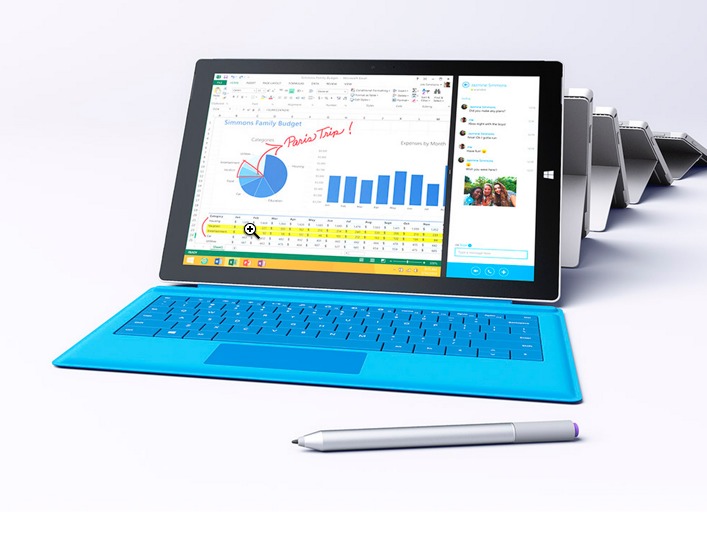
On the eve of the Surface Pro 3 release, Microsoft releases firmware update
Dear BetaNews readers, a poem from yours truly. Ehem. Twas the night before Surface Pro 3 release and all over the net, people were anticipating having their computing needs met. If you preordered the tablet you should be fine, but if you didn't reserve it, get up early and start waiting in line. Thank you.
Yes, tonight is the eve of the official Surface Pro 3 release. If you are buying it tomorrow, you will be very happy. However, once you turn it on, before you do anything, you should check for updates. Why, you ask? Well, earlier today, Microsoft released an important firmware update and you might as well get it out of the way. As per a Microsoft representative, here's how to get it manually:

How the mobile threat landscape is challenging companies’ ability to respond
As with cyber security generally, the mobile threat landscape is constantly evolving. So although businesses may have invested heavily in solutions like antivirus and mobile device and application management they can’t afford to relax.
Mobile security specialist Zimperium, the company that uncovered the recent LinkedIn flaw has released a whitepaper looking at the attack vectors that specifically target mobile devices.

Microsoft claims Bing can predict the NBA Draft -- do you agree with the predictions?
I am a huge fan of the NBA -- the New York Knicks to be precise. Basketball is a great sport as it does not require too much equipment. You can visit any park with a hoop and bring nothing but the basketball and spend hours just fooling around. This is in contrast to something like baseball, where everyone needs a glove and you have to find a bat, or hockey where everyone needs a stick. This makes basketball the ideal global sport, especially in low income areas.
Besides watching games on TV or live at Madison Square Garden, there is something else I love -- the draft. If you aren't familiar, every year NBA teams are ranked from worst to best based on record, except for the top 3 which are chosen by lottery. Also, since draft picks can be traded, this can alter the list too. Hell, some teams don't even have picks as a result of trades, such as my Knicks this year. Then, one by one, teams select eligible amateur players to join their teams, for a total of 60 new players (30 in the first round, 30 in the second round). Today, Microsoft announces that Bing has gained the ability to predict the NBA Draft. The question is, how accurate will it be?
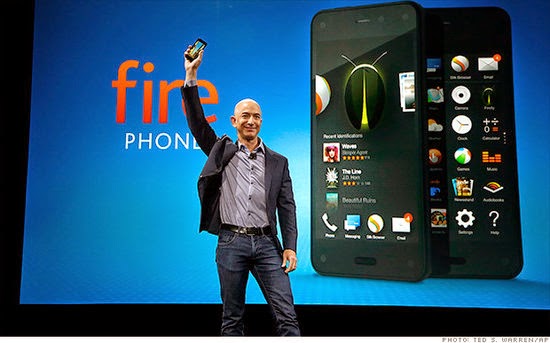
Amazon's Fire Phone is a puzzle
I've gone back and forth on the prospects for Amazon's smartphone, and yesterday's launch of the Fire Phone hasn't really helped me make up my mind. Apart from the heavily rumored 3D interface, most of what Amazon announced was a surprise to me. It's difficult to ignore the fact that Amazon holds some distinct advantages, but there are also certain areas where they seem to be fighting an uphill battle.
Amazon's Challenges: Pricing and Dynamic Perspective
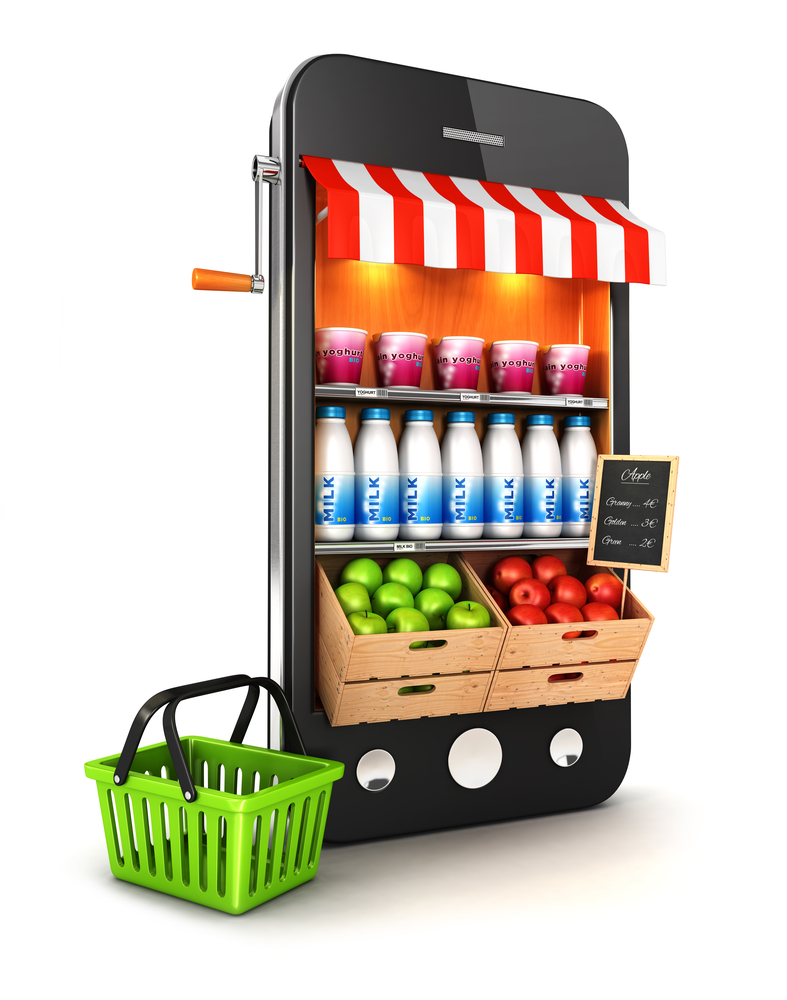
The future face of mobile marketing and why companies must adapt
Companies spend a lot of time looking for the best marketing tools to reach their customers and convert communication into sales. Part of this involves collecting information about people's preferences.
Online form specialist Formstack recently published its Form Conversion Report on what makes people fill in online forms. Based on the data from this it's now released some predictions on the future of digital marketing.
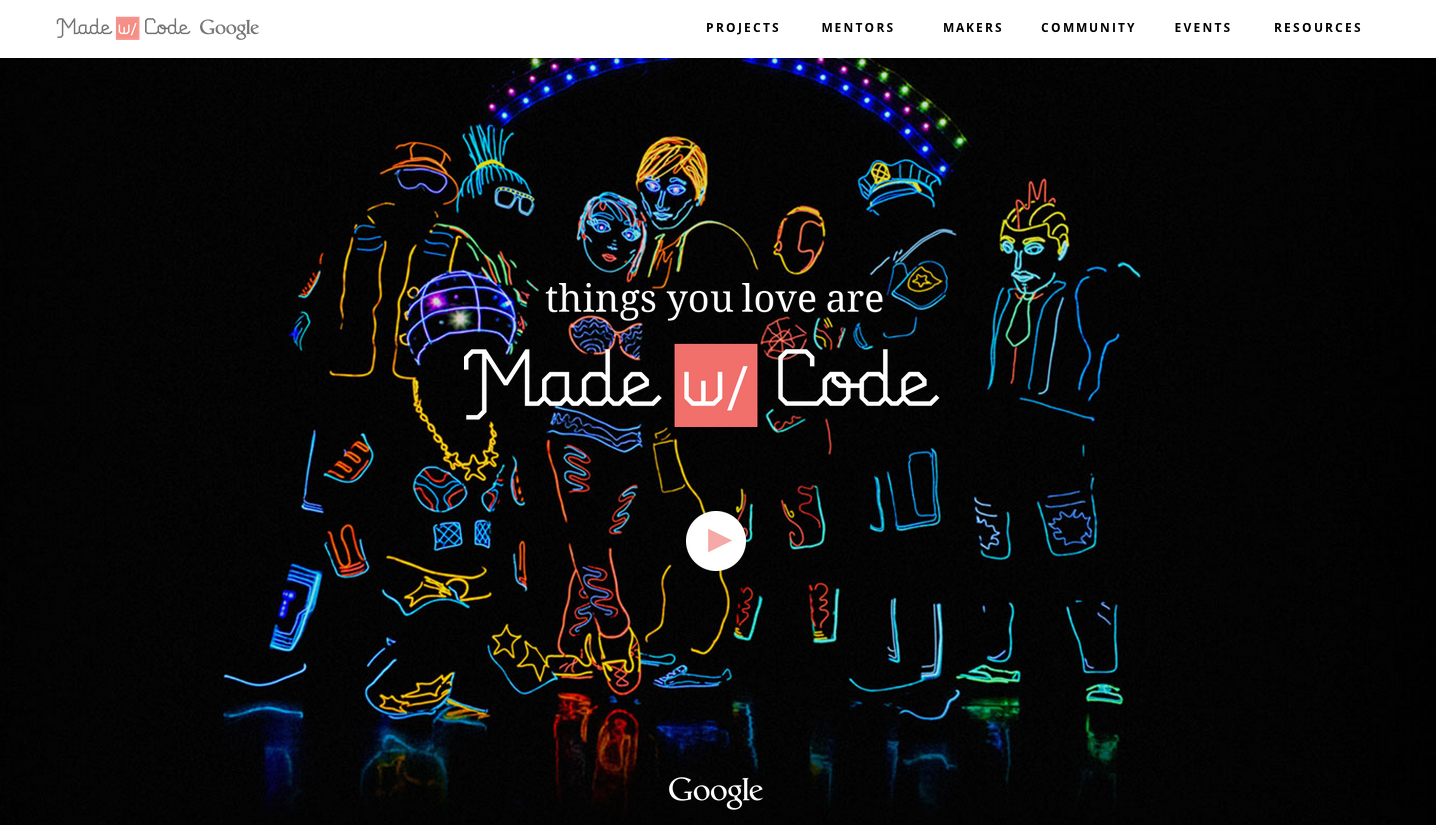
Google launches 'Made With Code' initiative to inspire girls -- is that sexist?
Inspiring children is always a great idea, but should gender or sex really matter in that regard? Even if a group is underrepresented in an area, does it mean the group deserves more attention than another? It's a question that has received much debate over the years and one that won't go away any time soon.
Today, Google is launching an initiative called Made With Code, designed to inspire young girls to learn how to code. While I am sure the intentions are good, I can't help but feel uneasy about an initiative that excludes based on gender or sex. In other words, just because men are better represented in programming, does this mean boys don't deserve the same attention from Google based on their genitals or gender identity?
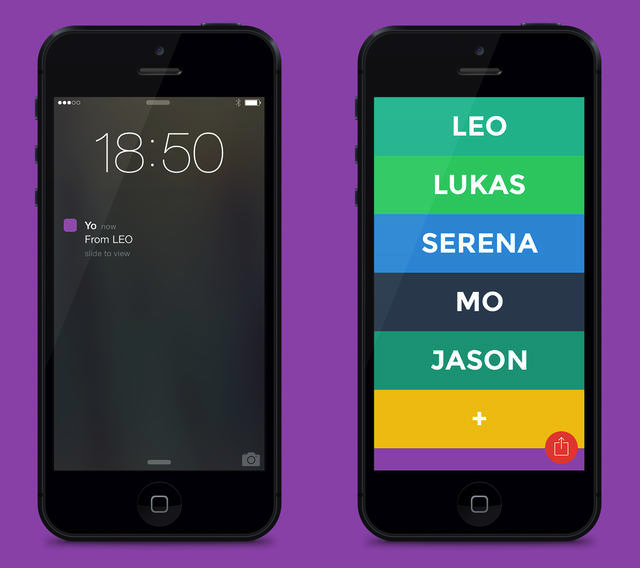
Yo: This app can't do anything else!
While there are many fairly specialized mobile apps out there, Yo, which was just launched by Life Before Us, takes the cake for being the narrowest-focused messaging service available on Android and iOS now.
Why? Because Yo can only be used to say "Yo" to your contacts. As you can imagine, it does not even trigger a keyboard when you want to hit a friend with a message, as a touch of a button will do the trick (Life Before Us touts this as a feature, in case you are wondering why the heck I am mentioning it).
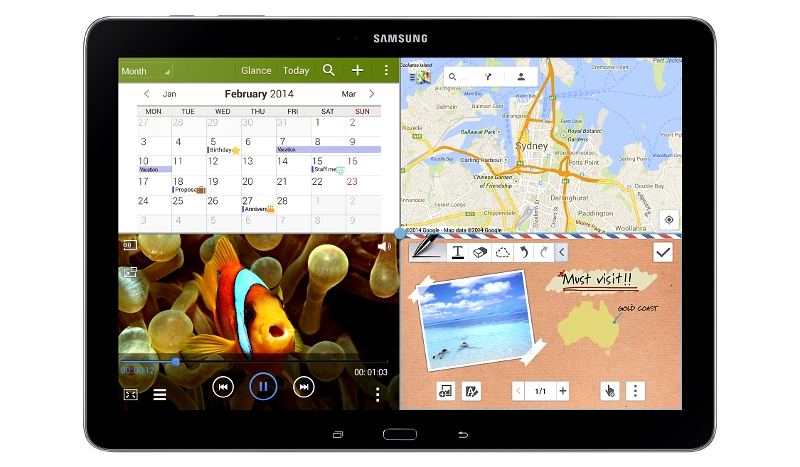
Samsung Galaxy Tab Pro 12.2: Big, bold and interesting [Review]
Samsung's Galaxy Tab Pro comes with an 8.4-inch, 10.1-inch and 12.2-inch screen. I reviewed the pen-friendly foil to the largest Tab Pro, the Galaxy Note Pro 12.2 earlier this year, and we've also already looked at the Galaxy Tab Pro 8.4.
What you have in the Samsung Galaxy Tab Pro 12.2 is quite an interesting concept. A giant sized screen, in tablet format, that at £480 for the 32GB version easily costs as much as a good laptop but which lacks a lot of laptop features. There's no capacious hard drive, no physical keyboard, no support for the huge range of apps you might want to run on Windows or OS X.
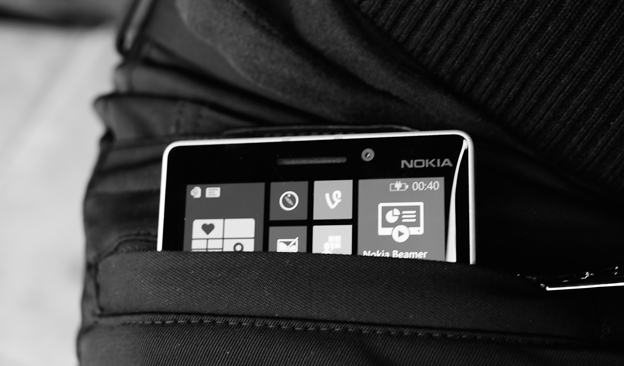
Wireless charging in your pants? Yes, coming soon
Microsoft has figured out a way of making wireless charging readily available wherever you go. While that may sound futuristic, it actually is far from it in fact. All you need is the right pair of pants.
Microsoft has teamed up with British designer A. Sauvage to bring the convenience of wireless charging in the "Modern Man" trousers, which are part of "London Collections". The technology bit is achieved by making (clever) use of the Nokia DC-50 wireless charging plate, which is based on the popular Qi standard.



